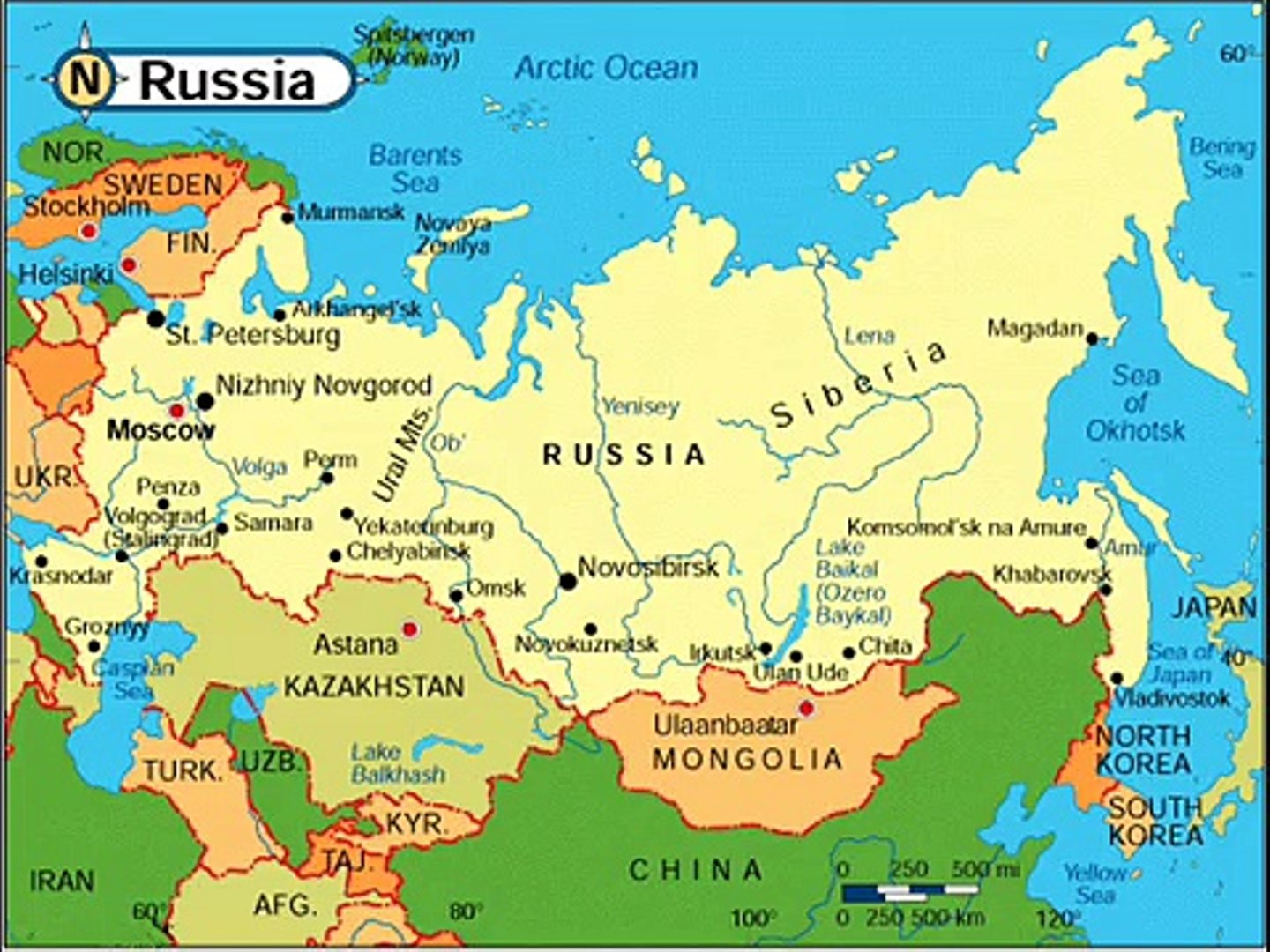World #2 – Russia aims to create its own internet
Tuesday's World Events — Posted on March 5, 2019
(Compiled from Reuters and Bloomberg News) – Russian lawmakers backed tighter Internet controls on Tuesday, Feb. 12 in draft legislation that critics warn could disrupt Russia’s Internet and be used to stifle dissent.
The legislation, which some Russian media have likened to an online “iron curtain,” passed its first of three readings in the 450-seat lower chamber of parliament (Russia’s Duma).
The bill seeks to route Russian web traffic and data through points controlled by state authorities and proposes building a national Domain Name System to allow the Internet to continue functioning even if the country is cut off from foreign infrastructure.
The legislation was drafted in response to what its authors describe as an aggressive new U.S. national cyber security strategy passed last year.
“It has nothing to do with protecting the Russian internet from being shut off from abroad,” lawmaker Sergei Ivanov, of the nationalist Liberal Democratic Party, said at the hearing. “You know how the Chinese internet works – there is a list of banned websites that you can’t access from China and a list of key words you can’t search for. This is what you want?”
Other lawmakers suggested the draft legislation would make it easier for officials to block services such as Facebook and Google if they fail to comply with prosecutors’ demands to bar access to content declared illegal in Russia. Internet service providers would have to install traffic-monitoring equipment under the law that would automatically block access to websites deemed to be illegal, according to the Russian Communications Ministry.
The Russian Union of Industrialists and Entrepreneurs has said the bill poses more of a risk to the functioning of the Russian Internet segment than the alleged threats from foreign countries that the bill seeks to counter.
The bill also proposes installing network equipment that would be able to identify the source of web traffic and also block banned content.
The legislation, which can still be amended, but which is expected to pass, is part of a drive by officials to increase Russian “sovereignty” over its Internet segment.
Russia has introduced tougher Internet laws in the last five years, requiring search engines to delete some search results, messaging services to share encryption keys with security services and social networks to store Russian users’ personal data on servers within the country.
Russia has gradually tightened control over the internet in recent years, citing the need to fight terrorism and cyber threats. Anti-Kremlin activists say the measures are part of attempts to crack down on political dissent and public discontent on issues such as rising prices and increases in the pension age.
The bill faces two more votes in the lower chamber, before it is voted on in the upper house of parliament and then signed into law by President Vladimir Putin.
Compiled from reports at Reuters by Tom Balmforth and Maria Kolomychenko and at Bloomberg News by Ilya Khrennikov on Feb. 12. Reprinted here for educational purposes only. May not be reproduced on other websites without permission.

